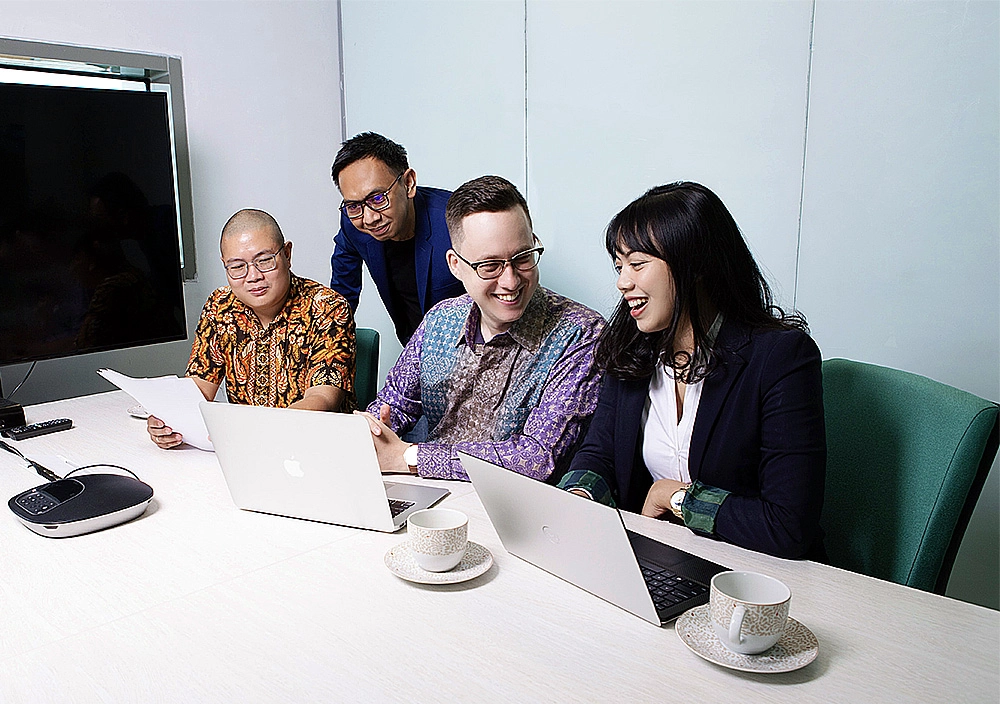Being a CEO in Indonesia means decolonizing expectations and becoming one of their own
Tropical climate, fast-growing market, high entry barrier for new companies, and a wealth of technological and financial opportunities are all reasons why entrepreneurs choose Indonesia to scale their existing businesses or launch pilot products.









